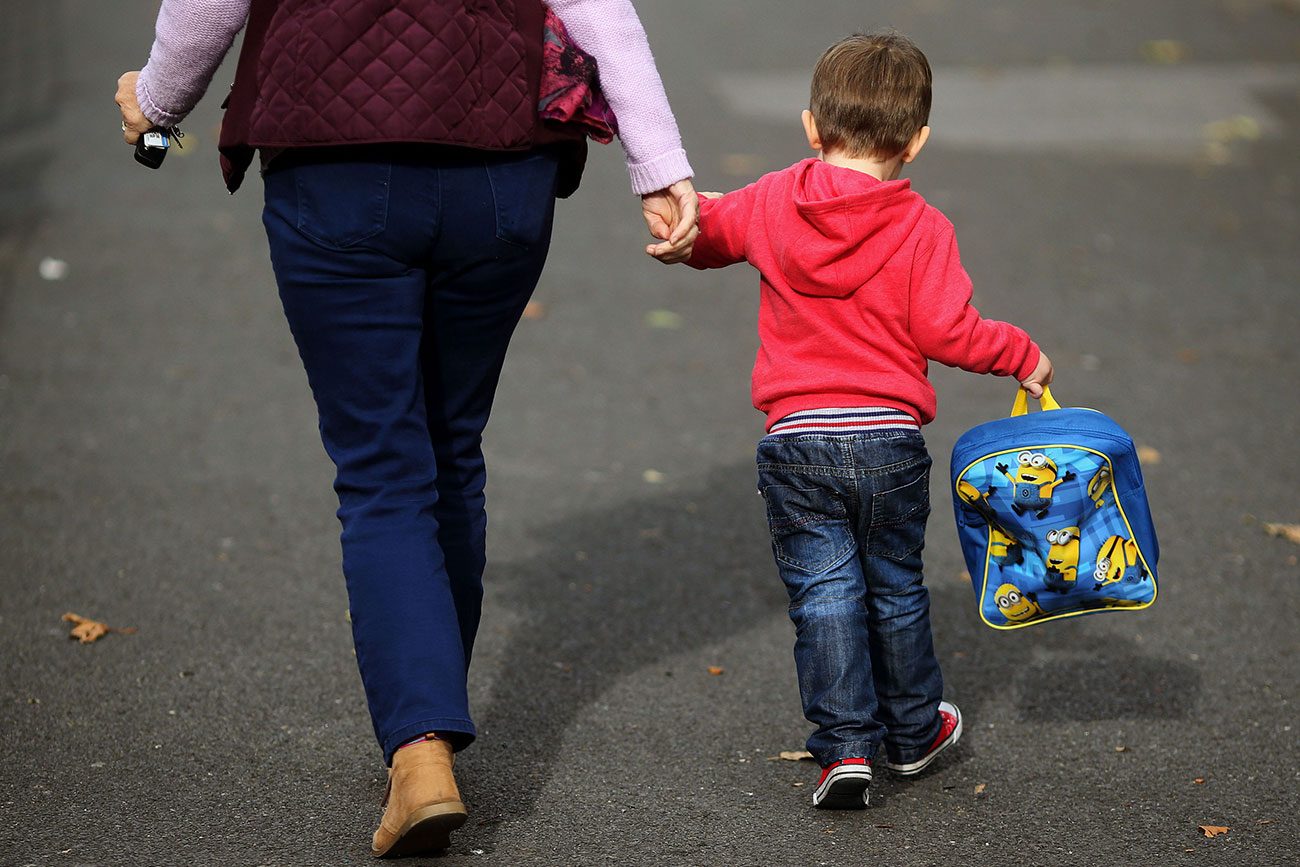Families in York are being pulled into poverty and hunger because of inadequate benefit support and the high cost of living in the city, new research has found.
The design of Universal Credit means new applicants wait five weeks for their first payment, but the delay is damaging to families and should be reduced or removed.
The researchers said: “In line with growing evidence and multiple campaigns, we suggest that the Universal Credit five-week wait is harmful for families and should be addressed through policy change.”
The report by Dr Katie Pybus, Dr Maddy Power and Professor Kate Pickett from the University of York, is based on data analysis and also a survey of parents who have children at primary school.
It said that while York was relatively affluent compared to the rest of Yorkshire and the Humber, it had “considerable inequalities and hidden poverty”.
And the expense of living here is a key factor in these comments.
What York parents said
“The cost of living in York is so high, mainly rent/accommodation and council tax, that you have to make savings in other areas such as food. You have to spend time shopping around to get the best deals.”
“My partner and I both work full time, but due to rent and council tax there is very little left over. We are constantly overdrawn, despite not spending money on anything other than bills and food. Despite us both working we have a combined income of less than £25,000 a year, with almost half our wages going on rent.”
“Universal Credit has wrecked us. We have just gone on it and I have been told that me and my five-year-old will have to go at least seven weeks with no income at all. We will have to go to food banks and try to get food.”
“The cost of travel for shopping is often forgotten with most of the big supermarkets being on the outskirts. For people with disabilities, this can be an extra £20 or more per shop.”
“It is harder to afford everything like we used to and we are often overdrawn or at the edge of our budget for the same lifestyle as a couple of years ago when we seemed better off – the cost of everything has gone up dramatically.”
‘Increase child benefit’

The £20-a-week increase in Universal Credit, introduced in response to the pandemic, is a welcome step but increasing child benefit by £10 a week would benefit families and reduce child poverty by up to five per cent, the report said.
In the longer term, all benefits should be increased to a level closer to minimum income standards, it adds.
The report is published in the Journal of Poverty and Social Justice.
The report said York’s high food, housing and transport costs placed increased strain on household budgets.
It said social housing tenants were at most risk, but said better-off households that had previously been able to stay afloat were also now experiencing food insecurity.
The researchers said: “Our findings could potentially be explained by the impact of policies such as the five-week wait and benefit sanctions, which could have a disproportionate impact on social housing tenants who may be more likely to be reliant on social security payments.”
Participants in the research also described how lower priced, healthier food was most readily available in supermarkets outside the city centre.
And they noted a price premium on buying food at city centre ‘metro’ stores, which they said suggested the city centre could be becoming an urban ‘food desert’, in which a cheaper and healthier diet is only available by travelling outside the city, which in itself carries additional costs.
